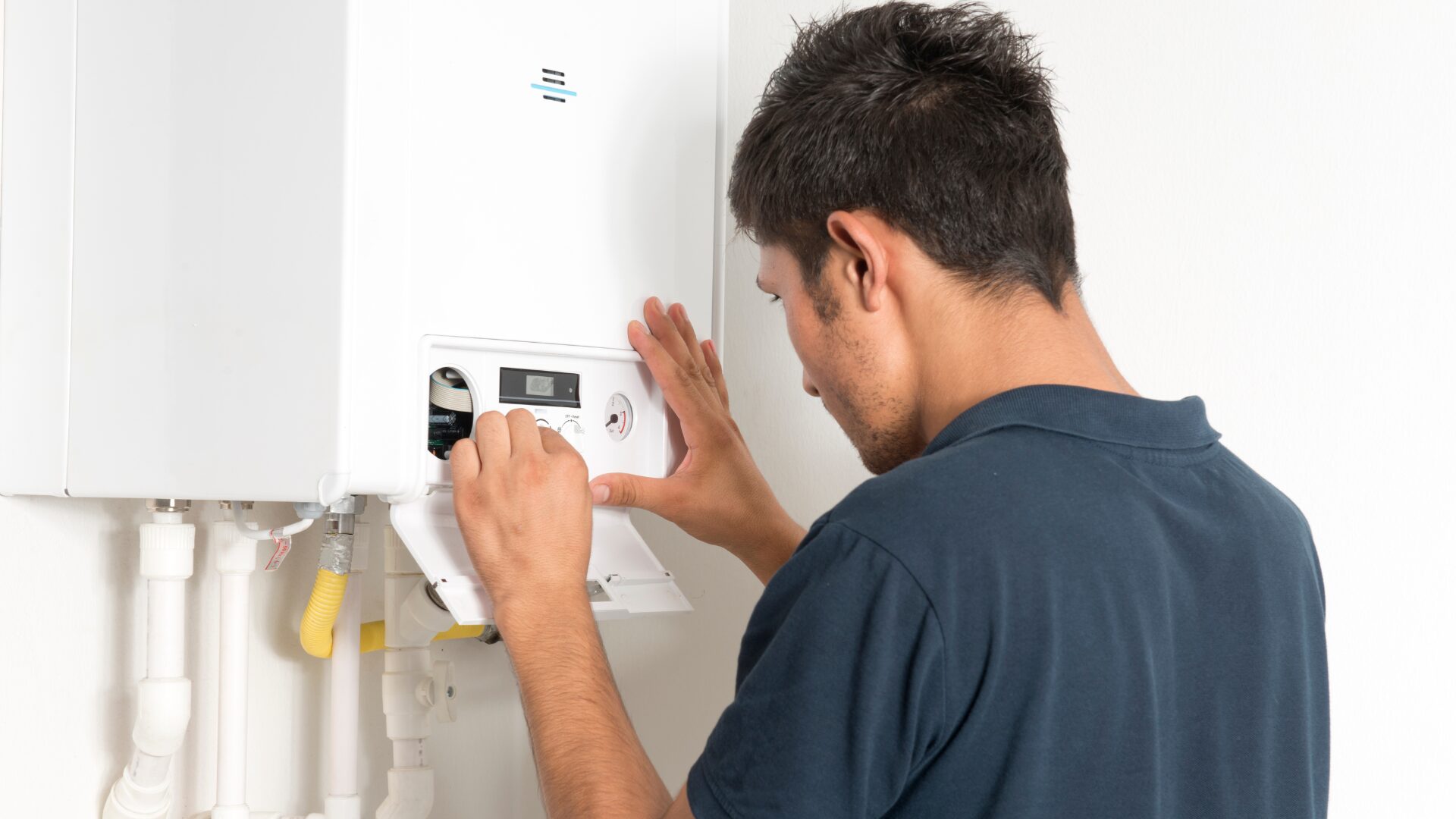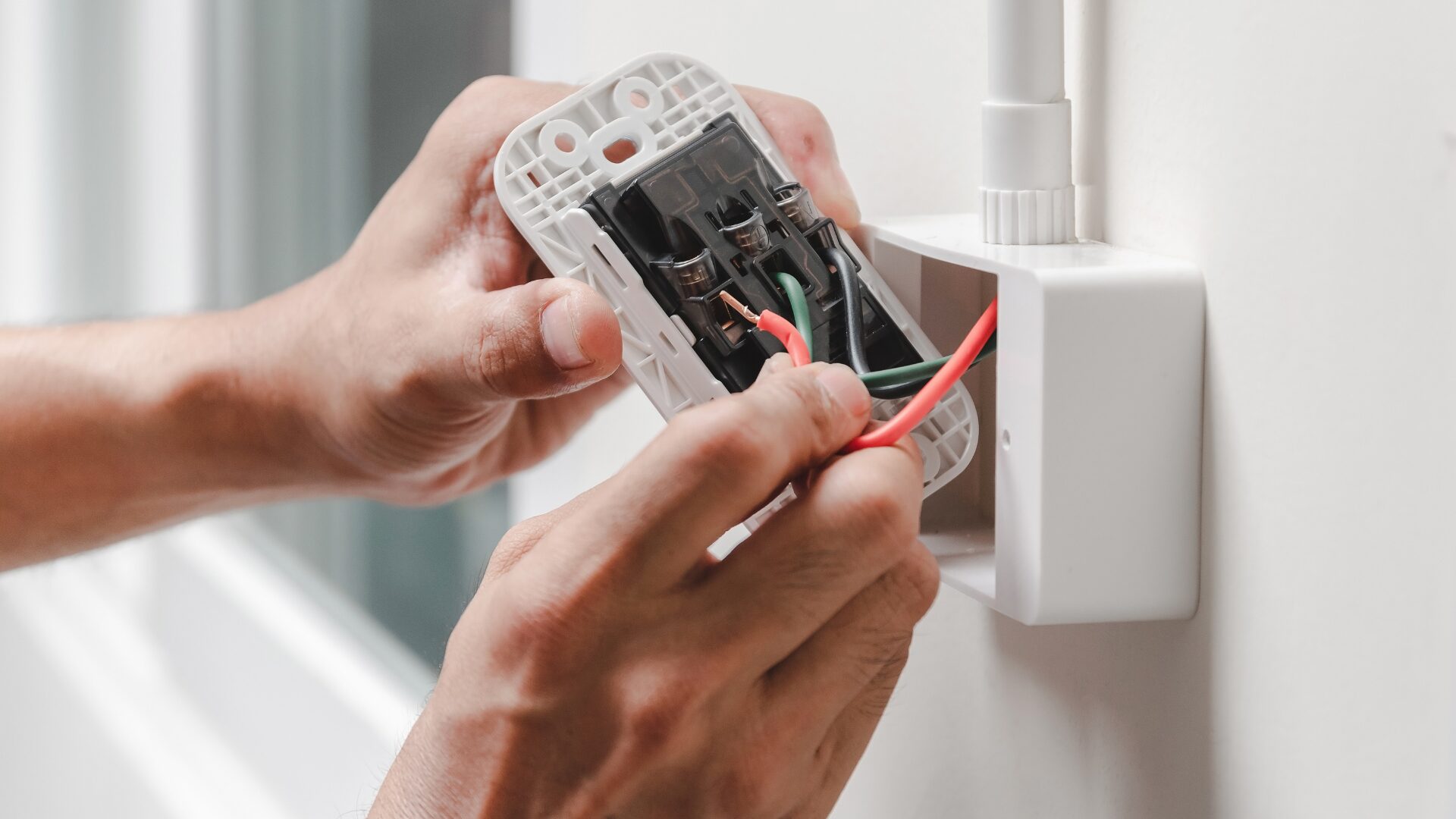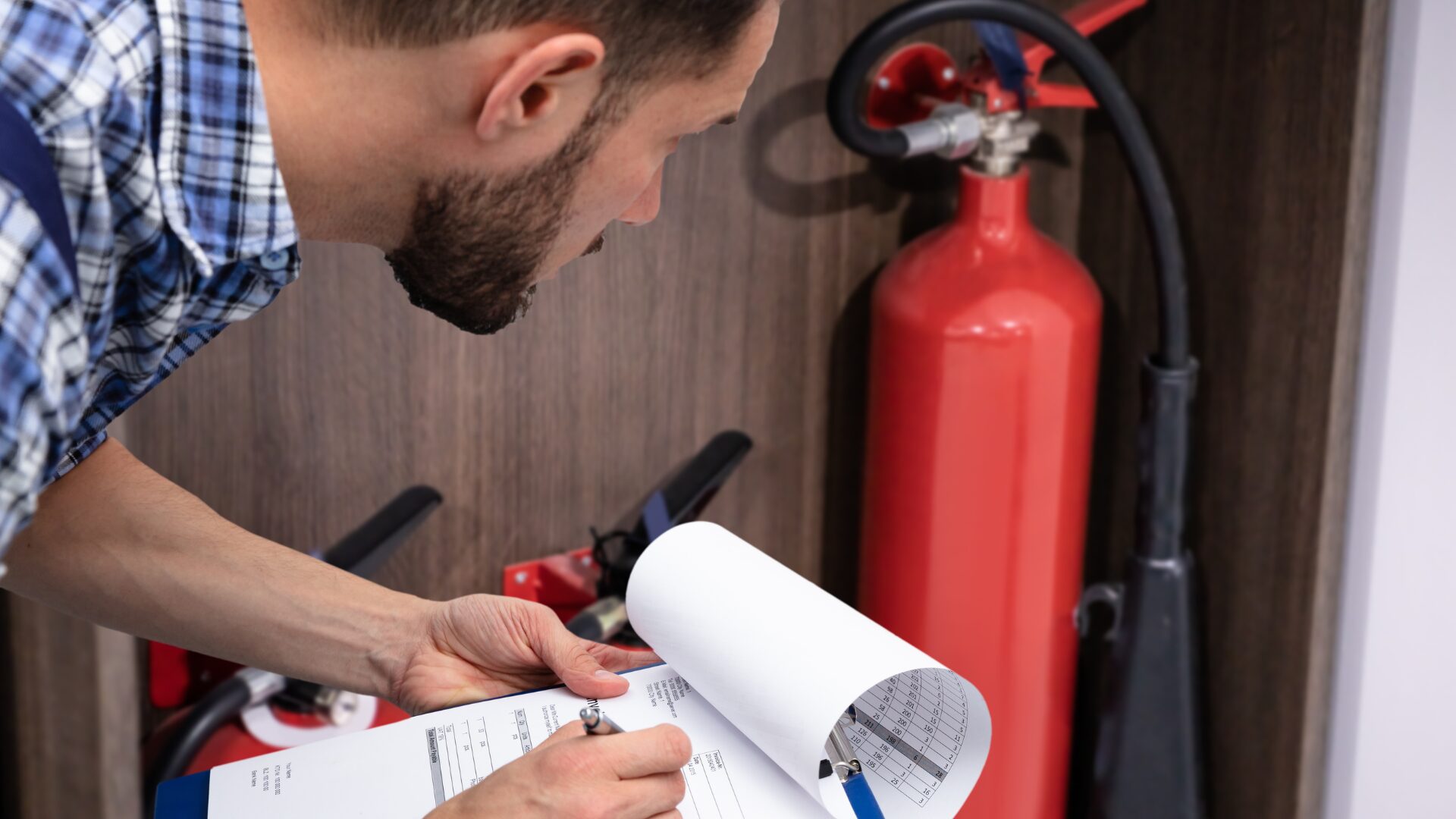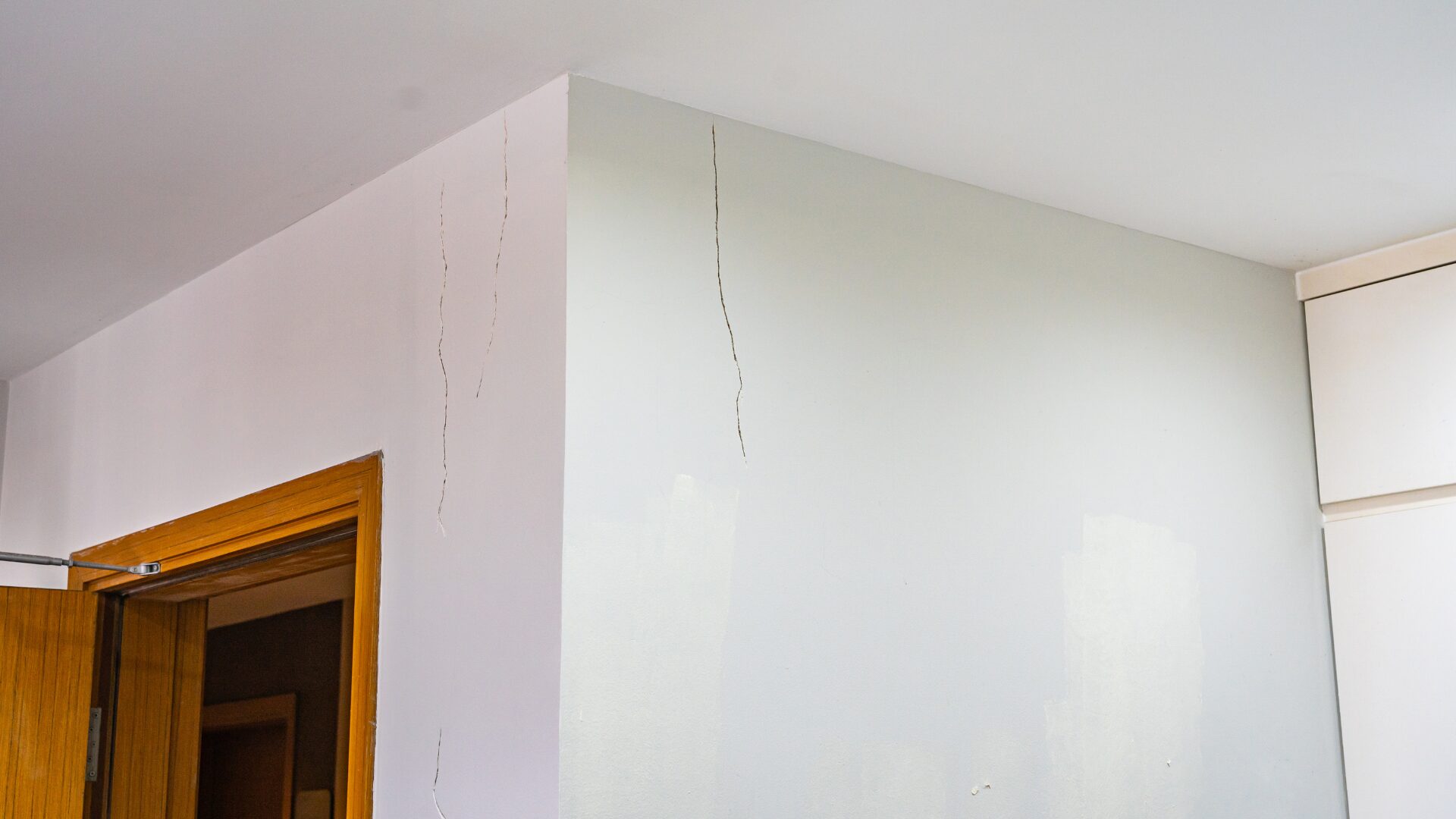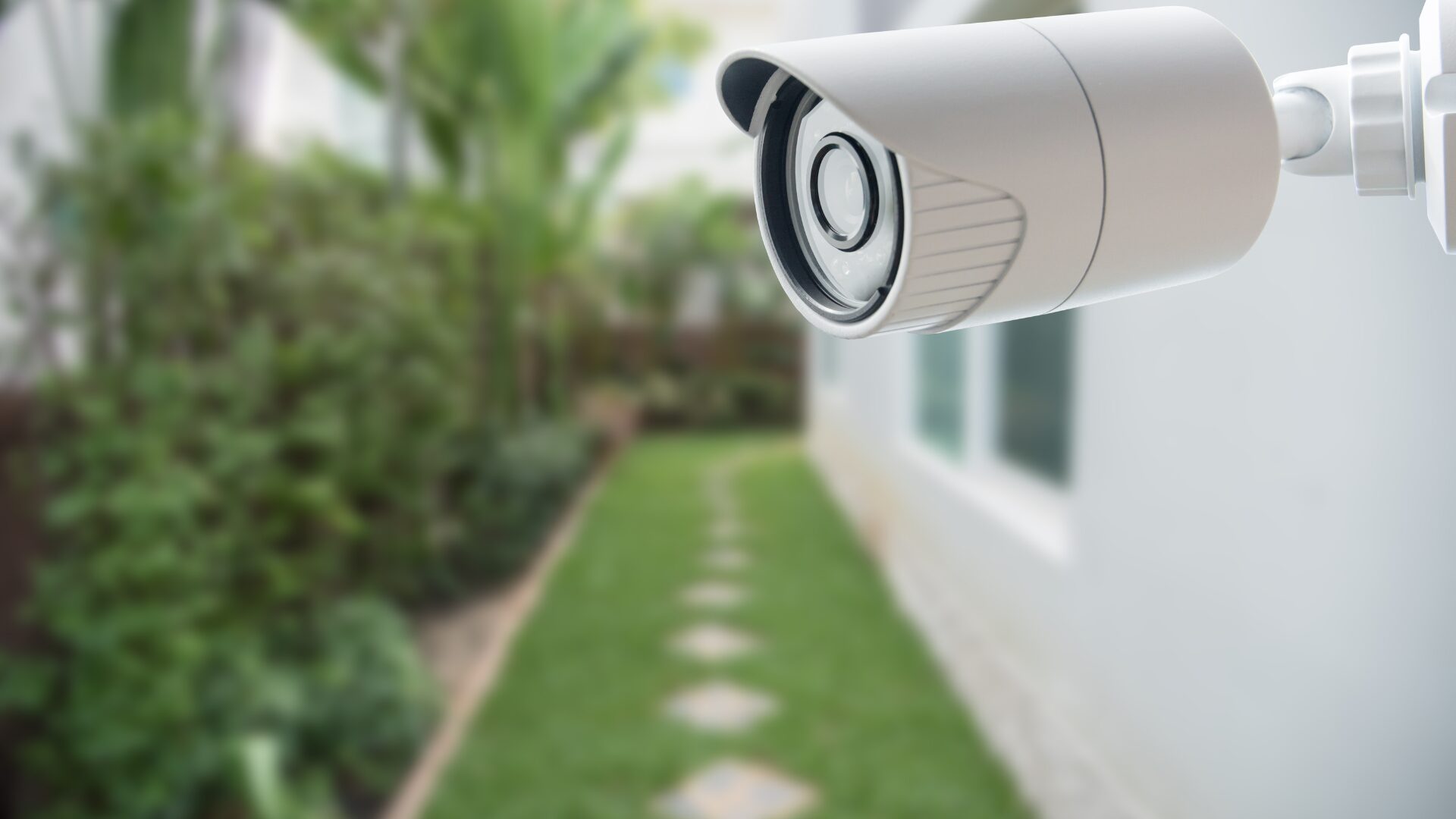Owning a holiday home isn’t all relaxing weekends and sun-filled holidays as we’re sure you’ll know. Many people overlook the maintenance side, thinking it’ll magically take care of itself. Spoiler alert: it won’t.
If you’re not keeping an eye on things, small issues can turn into expensive headaches. No matter the time of year, staying on top of maintenance is key.
You’ve got enough things to worry about, so we’ve put together a list of tasks that you can do to keep your holiday home looking the best it can possibly be.
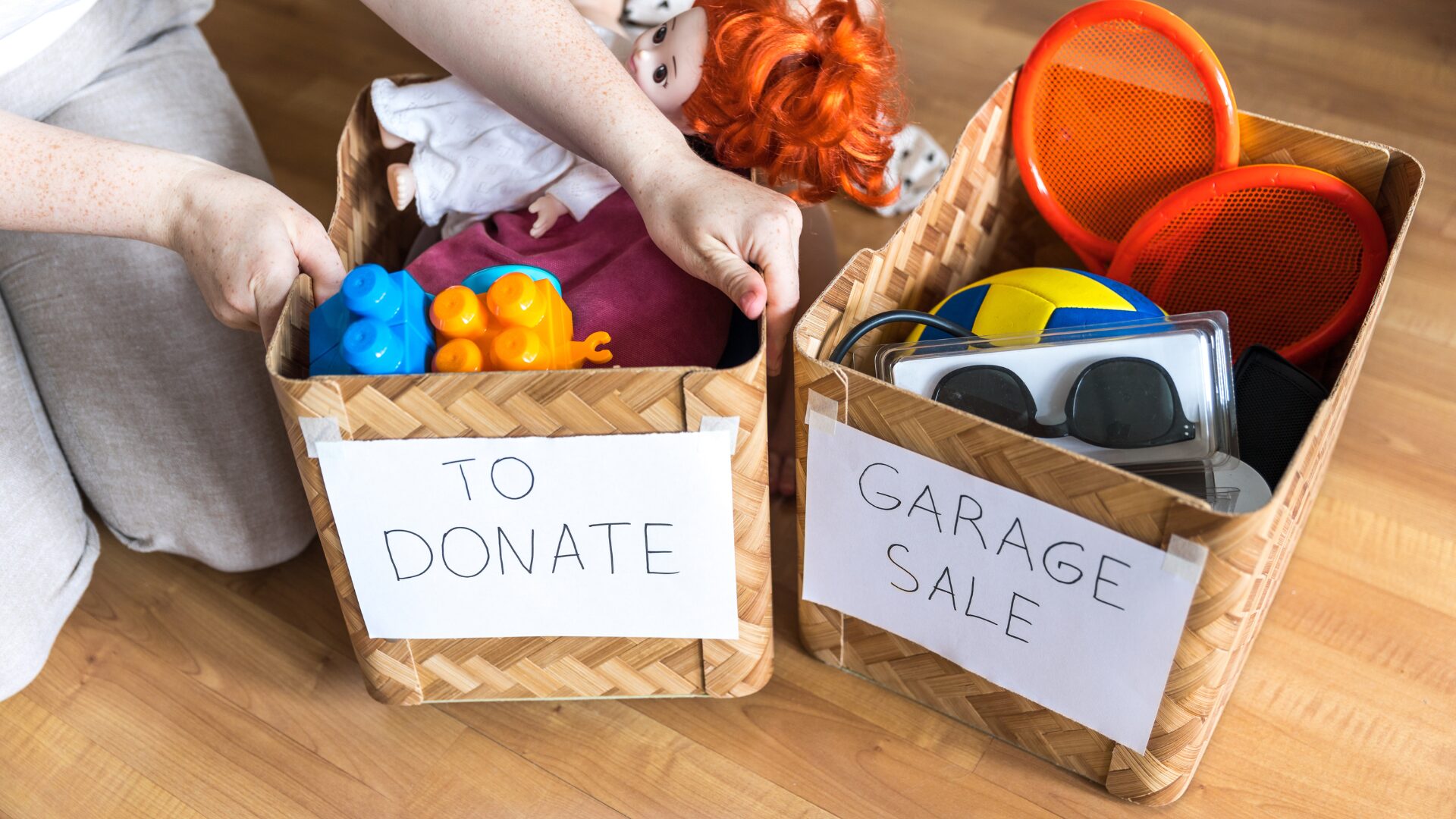
1. Declutter your holiday home
It may seem like a daunting task at first, but getting rid of all the junk and clutter that may have accumulated recently is a great first step. If it’s gathering dust, then it’s not adding value to your holiday home.
Start by clearing out any duplicates, unused or damaged items, especially in the kitchen and bedroom. Broken appliances, junk in cupboards and general clutter.
Do you really need six frying pans for one holiday home? Probably not, so it could be time to let go of a few if you’re struggling for space.
Holiday homes are a magnet for seasonal clutter too, from beach gear to Christmas decorations. Instead of letting these things take over, consider setting up a system for rotating them in and out based on the time of year.
And don’t forget the little things. Paperwork, old magazines and tourist brochures can soon pile up. Make a habit of clearing them out regularly so your space stays open and inviting, ready for your next holiday or next set of guests.
Easy ways to avoid building up clutter in the future:
- Invest in smart storage solutions like a bed with built-in storage, or boxes to store items under beds, in cupboards or an attic.
- Schedule a regular tidy-up to keep on top of clutter. A simple sweep through each room to remove items can make a big difference.
- Stick to a “one in, one out” rule. For every new item you bring into your holiday home, get rid of something old or unused to prevent the build-up of unnecessary items.
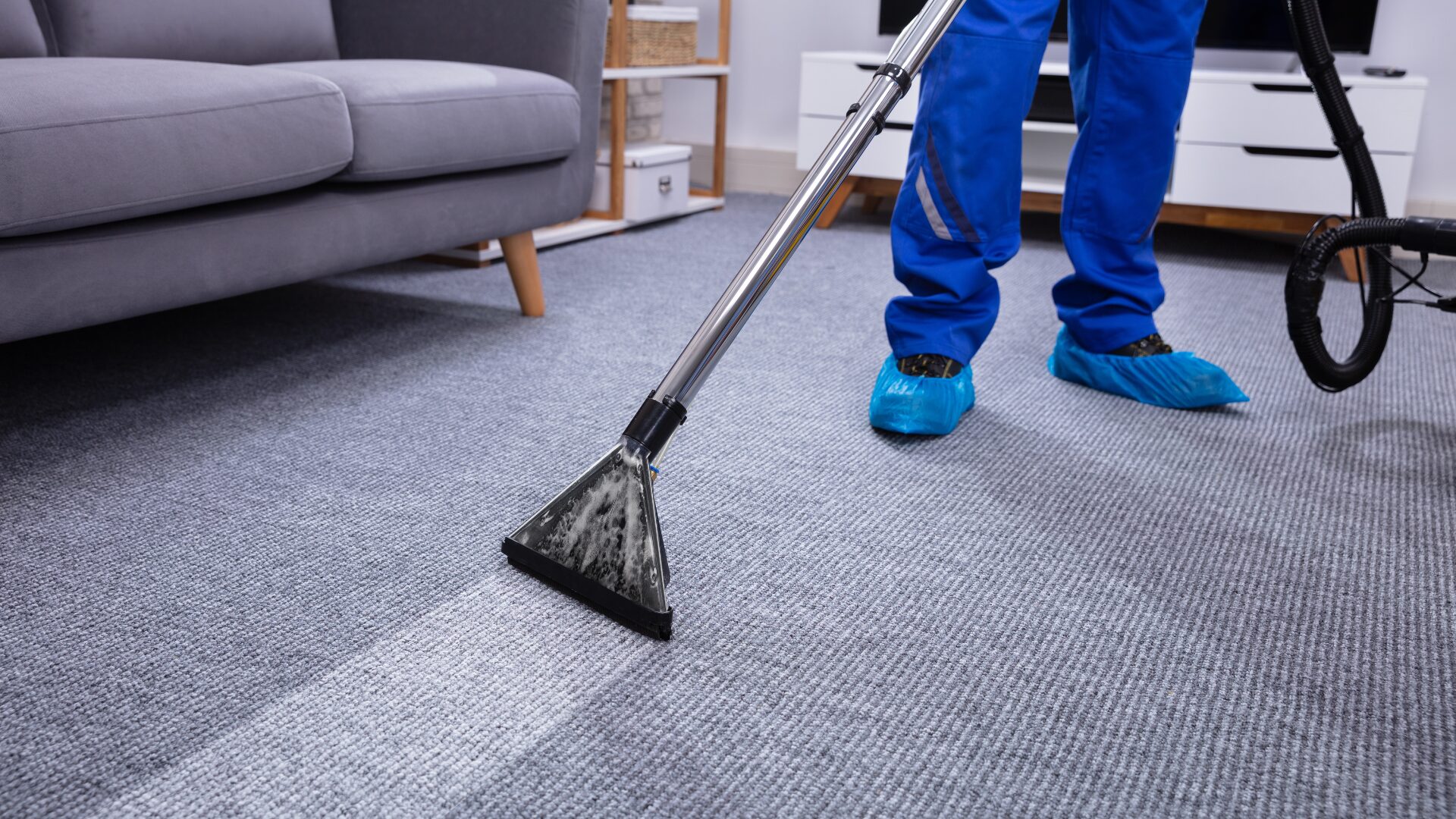
2. Freshen up with a good old spring clean – inside and out!
Spring cleaning isn’t just for your main home, your holiday getaway deserves the same level of care. After a busy season, holiday homes often gather dust, damp and a few surprises in corners you haven’t checked for months. Once it’s done, your space will feel fresher and more welcoming.
Everybody knows the basics such as wiping down surfaces and the everyday cleaning tasks. Here are some other things to consider too:
- Deep clean carpets and rugs to extend their lifespan.
- Reorganise and deep clean the cupboards.
- Deep clean your kitchen appliances.
- Clean behind large furniture.
- Check and clean behind radiators.
- Scrub and reseal tile grout in bathrooms.
- Wash all windows and doors.
- Tidy up, sweep and pressure wash the outdoor areas.
- Clean gutters and drains to avoid potential water damage, which will protect your home from storm damage.
If your holiday home has been closed up for lengthy periods, open all the windows and let some fresh air in while you clean.


